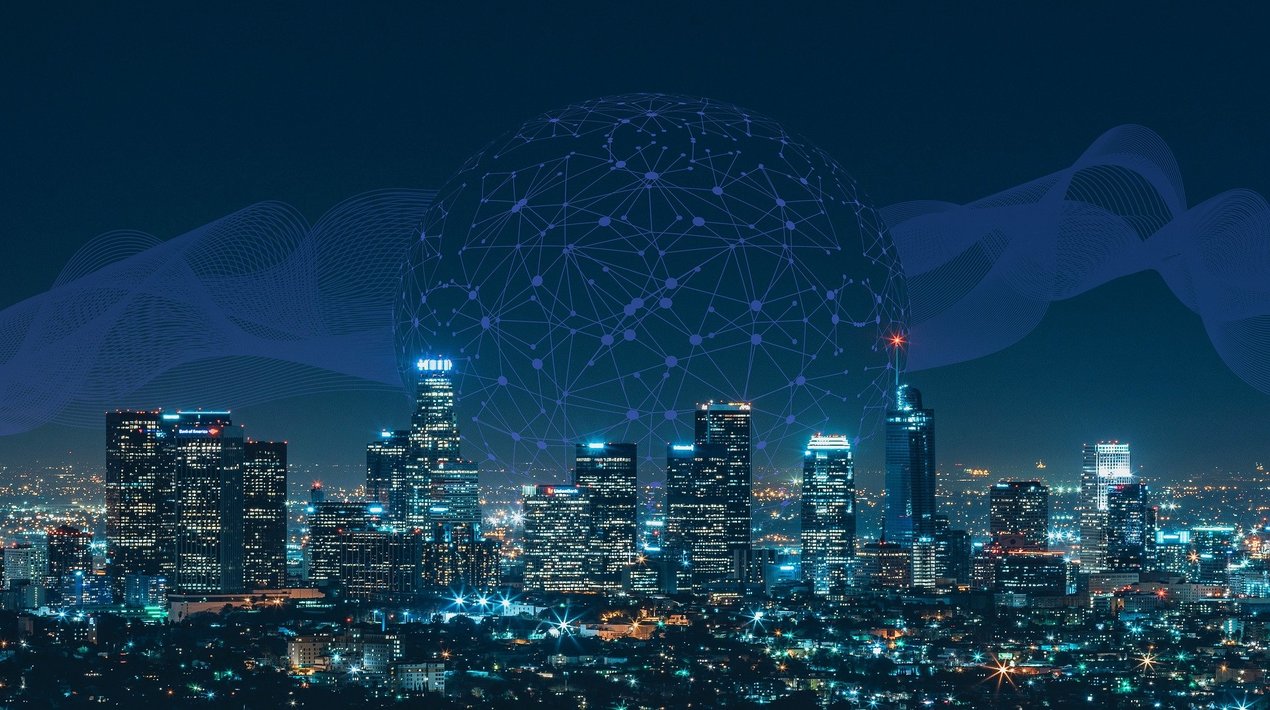
Following the recent switch-on ceremony for the country’s first off-grid, electronic (e-) community, residents of Barangay Puhagan in Valencia, Negros Oriental, have been provided with free Wi-Fi. The Philippines’s renewable energy leader led the on-site ceremony, which was also streamed live via Zoom to its partners, the Department of Information and Communications Technology (DICT), the Negros Oriental Chamber of Commerce and Industry (NOCCI), and the Valencia local government unit.
The renewable company’s corporate social responsibility head said in this time of the coronavirus disease 2019 (Covid-19) pandemic, having a good internet connection will “become essential for people to cope with their daily lives” and they no longer need to leave their mountain barangay to access the internet to communicate with their loved ones, she said.
It is also mentioned that it is extremely crucial to have a strong and stable internet connection to stay up to date on the Covid-19 crisis. The governor of the Philippines also stated that digital technology, specifically the internet, enables people to connect and communicate in the “new normal.”
The free Wi-Fi facility is located in the Puhagan barangay hall, with DICT providing the procurement of the fixed wireless broadband network with a bandwidth of 40mbps. The mayor of the town and the LGU provided logistical and regulatory support, while NOCCI provided fixed wireless solar technology and a redundant broadband network design to ensure uninterrupted connectivity for the villagers.
“This initiative is part of our mission to forge collaborative pathways for a decarbonised and regenerative future–which is essentially about creating an exponential positive impact by elevating our environment and our stakeholders,” added the company’s assistant vice president for Corporate Social Responsibility and Public Relations.
OpenGov Asia reported that the Department of Information and Communications Technology (DICT) and the Baguio City Government have signed a Memorandum of Agreement (MOA) for the design and implementation of the National Government Data Centre (NGDC) and the Digital Transformation Centre (DTC), also known as the Philippines Innovation Hub.
The DICT holds various ICT skills and literacy training at Digital Transformation Centres, which are upgraded Tech4ED Centres. DTCs serve as dedicated training areas as well as co-working spaces to support Filipinos develop the skills needed to participate in the digital economy.
The establishment of the NGDC would provide faster and more reliable data exchange among agencies at a lower cost, leading to greater efficiency, as data centres are a critical component of an e-government system.
In addition, the Philippines has experienced an “impressive rate of growth” in terms of internet speeds this year, and the government has stated that the upward trend will be maintained in the coming months. The announcement was made by the Secretary of the Department of Information and Communications Technology (DICT) after the latest figures from a Global Index revealed that the country recorded an average download speed of 71.17 megabits per second (Mbps) for fixed broadband in July. This was significantly faster than the June average speed of 66.55 Mbps.
The average download speed for mobile internet is now 33.69 Mbps, up from 32.84 Mbps in the previous months. According to a study, the country’s Internet quality is among the best in the world, with the Philippines ranking 20th and demonstrating the fastest year-on-year growth in mobile and broadband speed.
DICT, on the other hand, will continue to work with the National Telecommunications Commission (NTC), as well as other government agencies and private stakeholders, to ensure that fixed broadband and mobile internet speeds continue to improve in the coming months. Amid the pandemic, the government directed telcos to improve their services, and the DICT stepped up its rollout of digital connectivity initiatives, particularly the Common Tower Policy. These had eventually increased the country’s internet speeds.
















